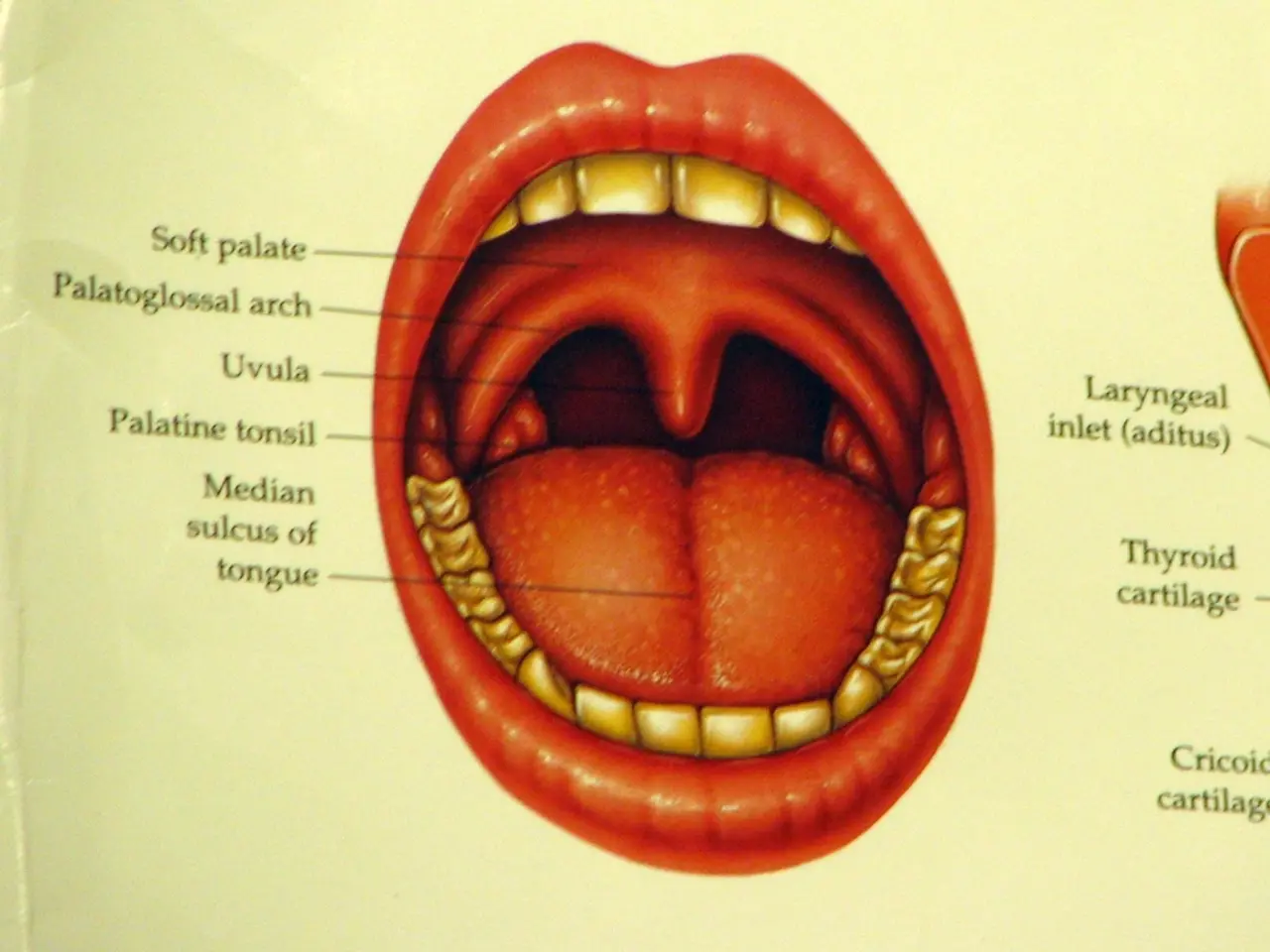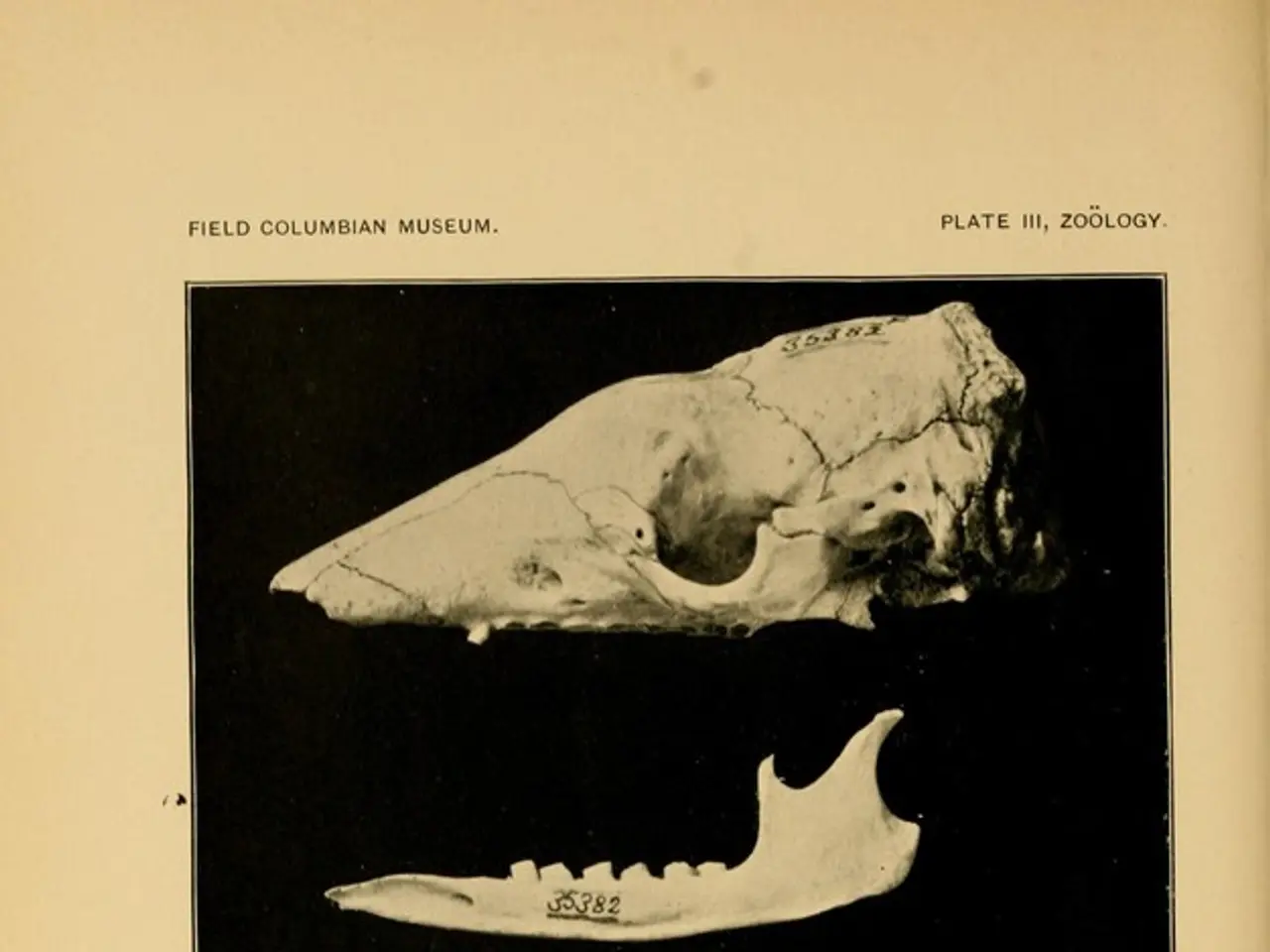Neuronal Reproduction Secrets: Amitotic or Mitotic Divisions Explored
In the realm of neuroscience, the exploration of the reproductive nature of neurons is a captivating frontier, challenging long-held beliefs and opening up new possibilities for understanding brain health and disease.
For many years, it was widely accepted that neurons, the fundamental units of the brain and the entire nervous system, were amitotic - incapable of division or regeneration after their initial development. This principle, distinguishing neurons from other cell types like glia, has been a cornerstone of neurobiology.
However, recent research has sparked debate, suggesting that certain types of neurons might possess some form of regenerative capability. This revelation, while not yet fully understood, could revolutionize our approach to brain health and disease.
Neurons grow and develop by forming new connections, a process known as synaptogenesis. But understanding whether neurons are amitotic or mitotic, and under what conditions, is a question that has been at the forefront of neuroscience for some time.
Mitosis, a fundamental process of cellular division that results in two genetically identical daughter cells, has been traditionally thought to be absent in neurons. However, notable exceptions to this principle have been discovered, primarily through the phenomenon of adult neurogenesis.
Adult neurogenesis, the formation of new neurons in restricted regions of the adult brain, is most famously observed in the subventricular zone (SVZ) of the lateral ventricles (olfactory bulb neurogenesis) and the subgranular zone (SGZ) of the hippocampal dentate gyrus. In these regions, neural stem cells (NSCs) and their progeny can divide, giving rise to new neurons that then mature and integrate into existing neural circuits.
However, it's important to note that these new neurons arise from precursor cells - neural stem cells and transient amplifying progenitors - not from pre-existing, terminally differentiated neurons. Outside these specialized niches, there is no substantial evidence that mature, differentiated neurons retain the ability to divide.
Recent advances in the field have focused on stem cell-derived models and manipulating neural fate in vitro. These studies do not demonstrate mitosis in mature neurons in vivo, but they do highlight the plasticity of neural stem cells and the potential to generate diverse neuronal subtypes in culture, which may eventually inform regenerative therapies.
In summary, there is robust evidence that neural stem and progenitor cells in certain adult brain regions retain mitotic ability and can produce new neurons throughout life. However, mature, differentiated neurons in most parts of the adult brain do not proliferate; they are post-mitotic and do not re-enter the cell cycle under normal conditions.
The debate on neuronal regeneration and mitosis has significant implications for understanding brain health, the potential for neuroregeneration, and the treatment of various neurological conditions. Factors such as genetic factors, environmental influences, and lifestyle choices impact neuron health and longevity, making this research all the more crucial.
**Table:**
| Brain Region | Evidence of Neurogenesis | Mitotic Cell Type | Reference | |----------------------|-------------------------|----------------------------|-----------| | Olfactory Bulb | Yes | Neural stem/progenitor cells| [2] | | Dentate Gyrus (Hippocampus) | Yes | Neural stem/progenitor cells| [2] | | Cortex/Subcortex | No (except in disease) | Mature neurons (post-mitotic)| [1] |
- The exploration of neurogenesis, the reproductive nature of neurons, in certain brain regions like the olfactory bulb and the dentate gyrus of the hippocampus, has challenged long-held beliefs about brain health and disease.
- The mind's ability to form new memories could potentially be influenced by the ongoing process of adult neurogenesis in the brain, as new neurons are generated in the subventricular zone and the subgranular zone.
- The discovery of adult neurogenesis has opened up new possibilities for understanding and treating various medical-conditions related to brain health and wellness, as the health and longevity of neurons can be impacted by genetic factors, environmental influences, and lifestyle choices.
- In the realm of science, the debate on neuronal regeneration and mitosis has sparked significant interest, as recent research suggests that certain types of neurons might possess some form of regenerative capability.
- Synapses, the connections between neurons, play a crucial role in learning and attention, and understanding the factors that influence the formation and maintenance of these connections could lead to new insights in the field of health-and-wellness.
- The scientific community is actively researching the potential of manipulating neurogenesis and the behavior of neural stem cells in vitro, with the hope of eventually developing regenerative therapies for the treatment of brain diseases.




